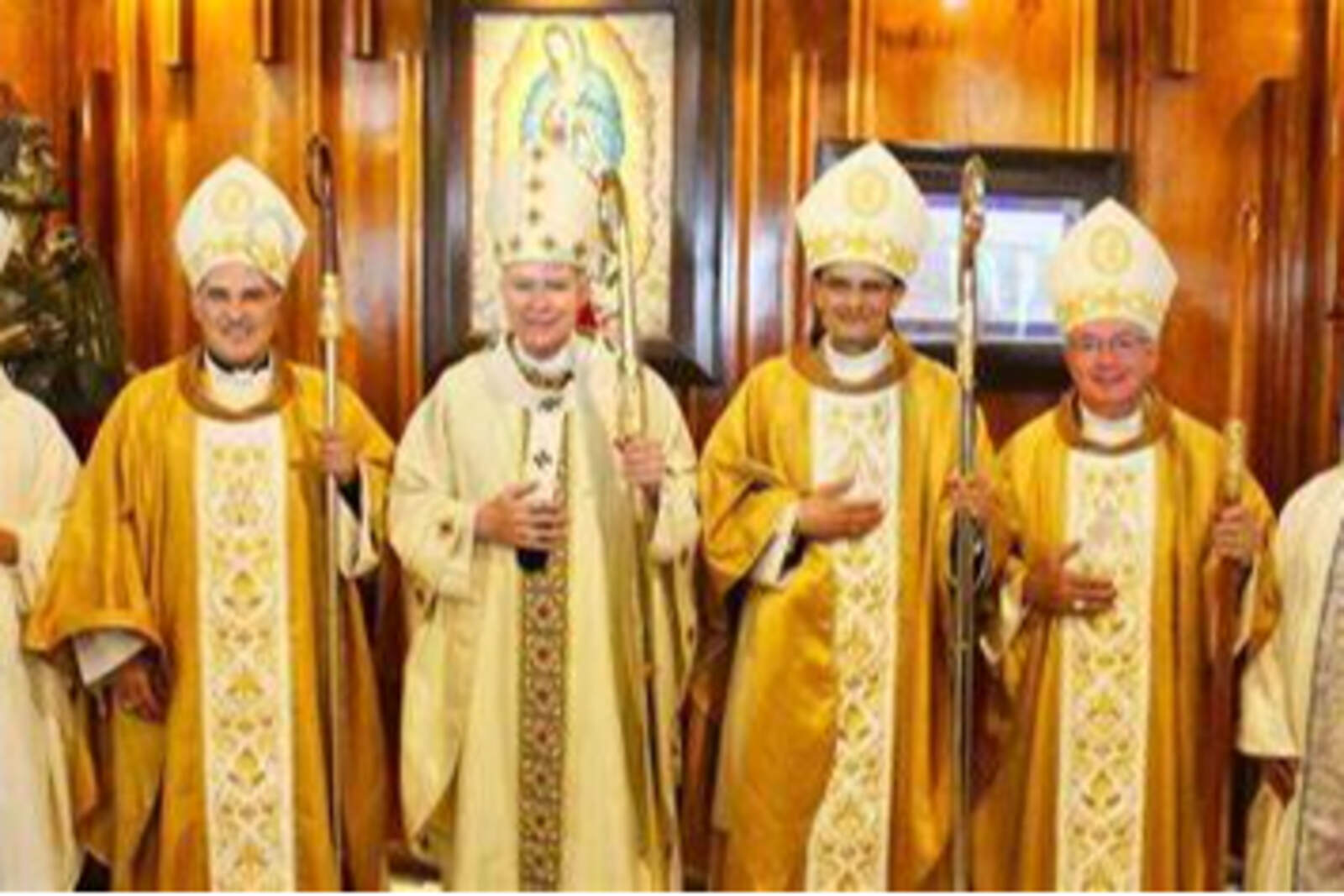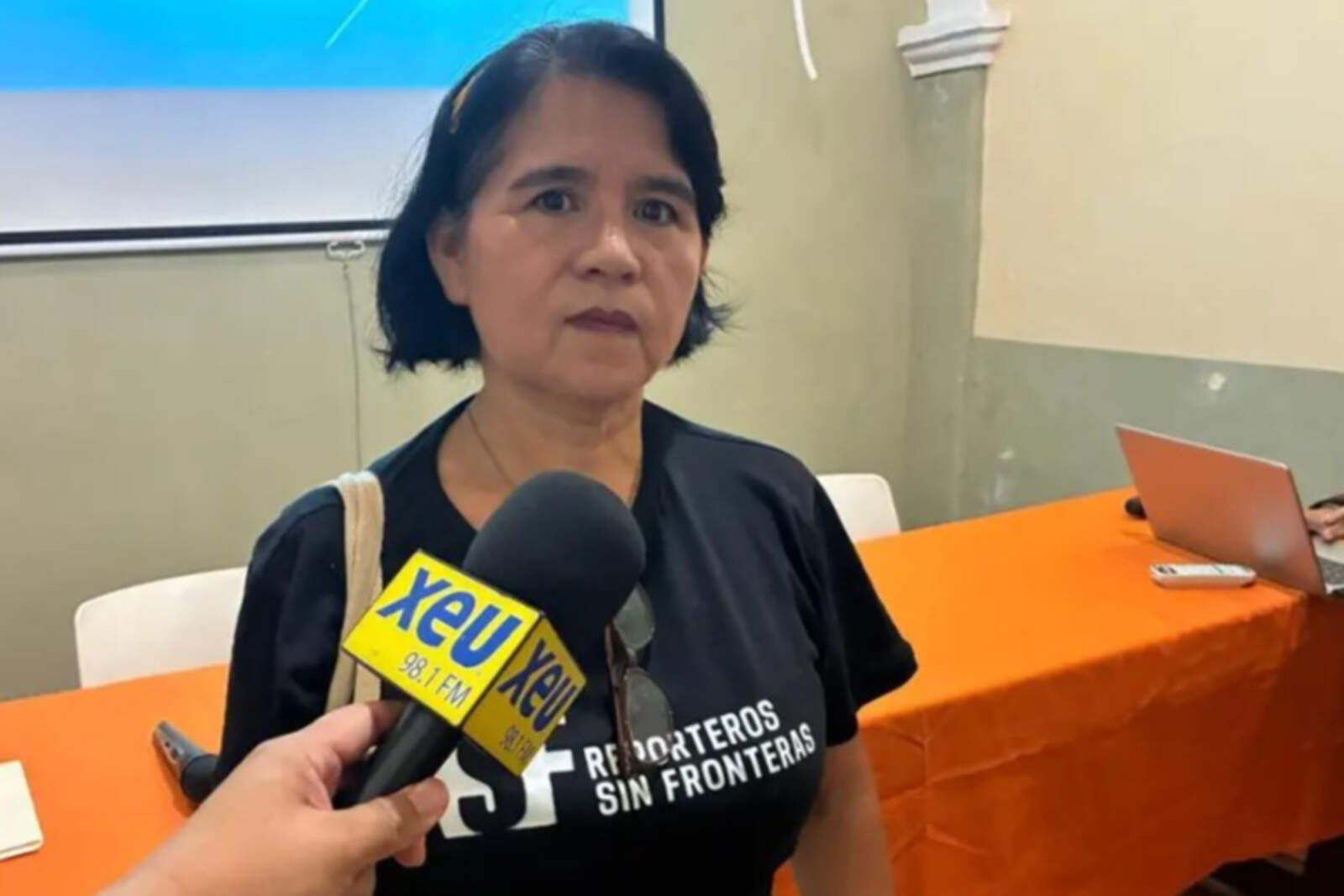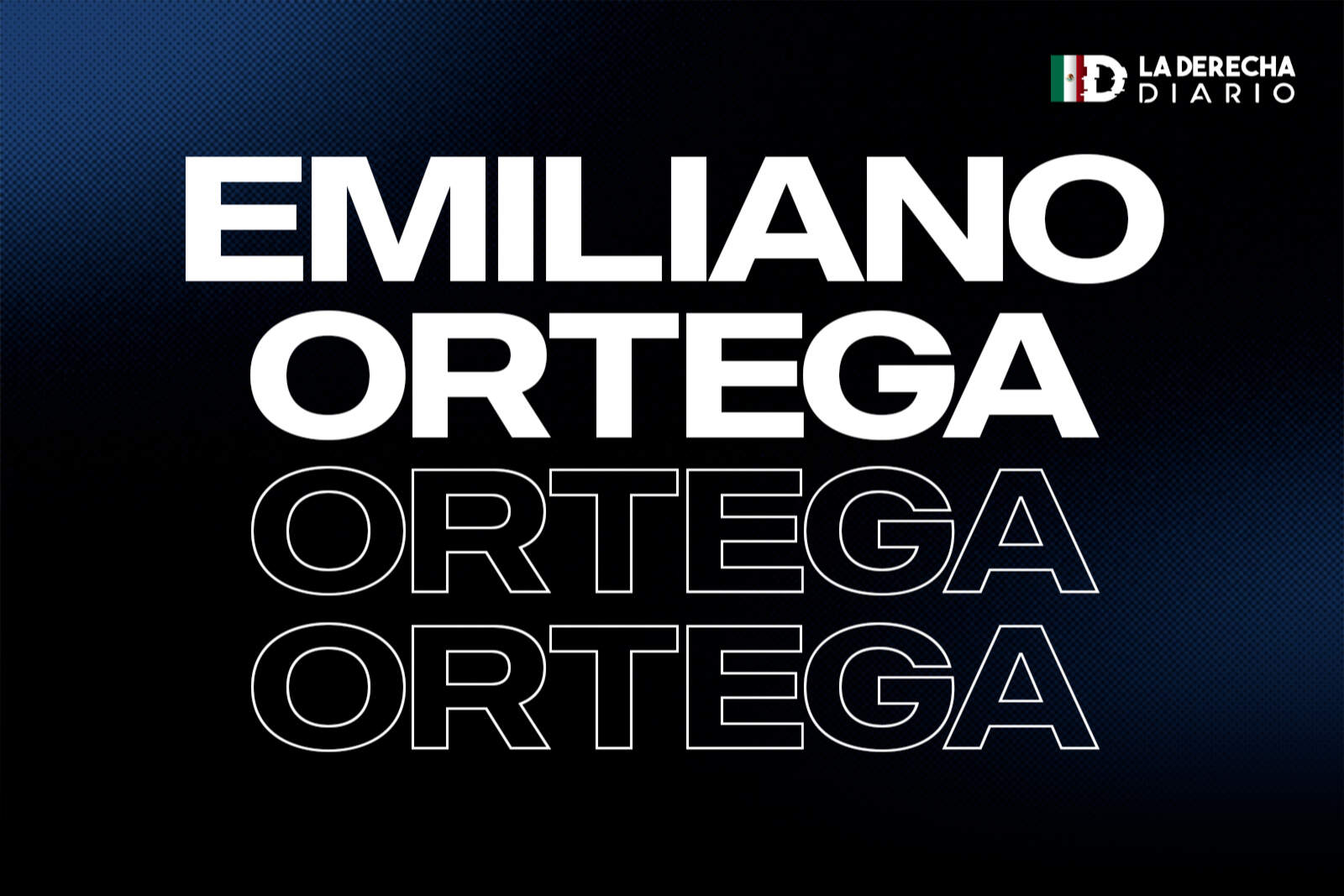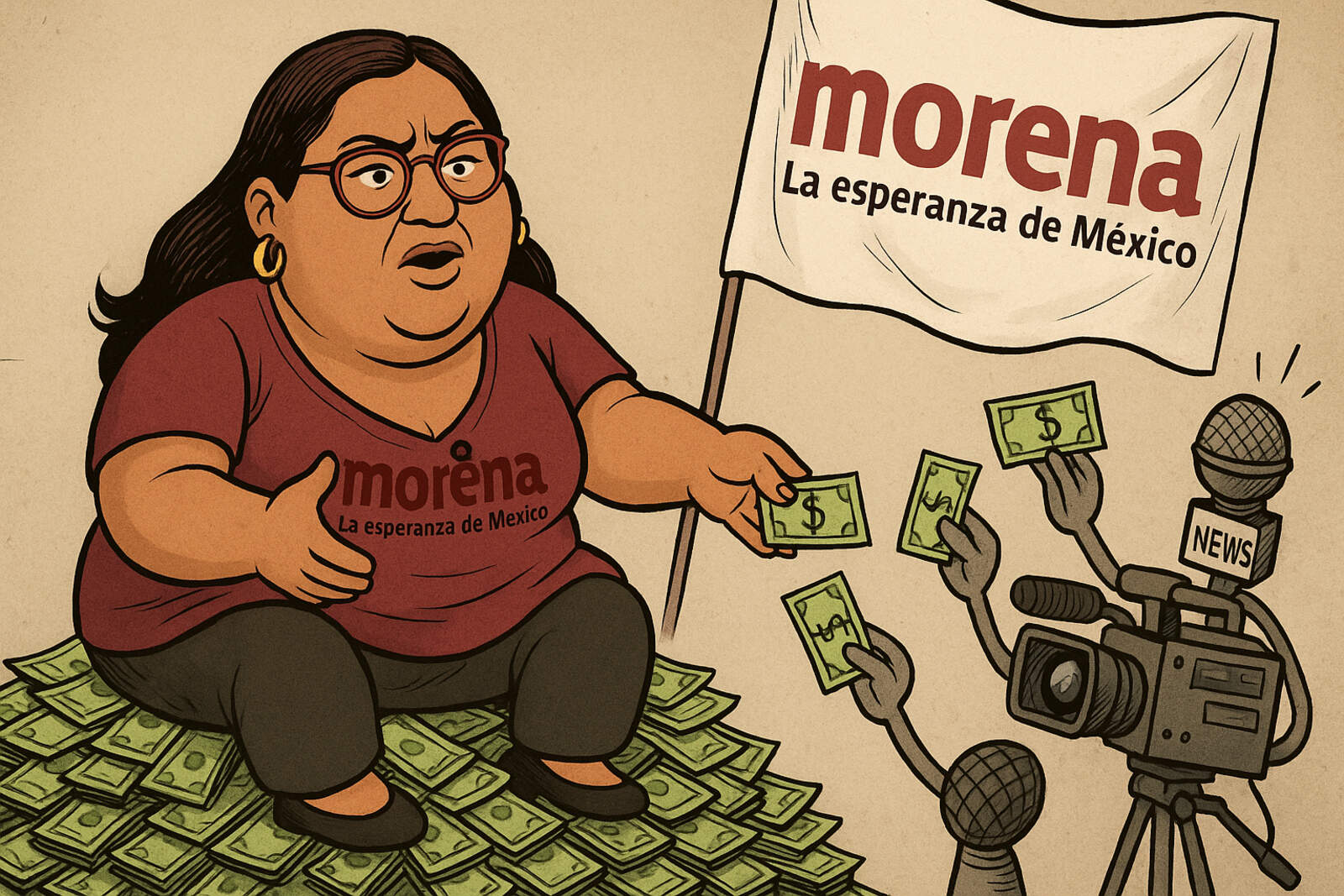In an uncommon but significant stance, the Catholic Church in Mexico raised its voice about the election of judges. It warned that "a bad judge can imprison innocents," highlighting the risks of hasty or poorly founded decisions.
The Church spoke out against the politicization of the Judiciary
The message not only points to judicial errors but also to the urgency of reflecting on how the Judiciary is being reconfigured. In a context of reforms driven from power, the warning takes on special weight.
The criticism was published in Desde la Fe, the official media of the Archdiocese of Mexico City. It emerged in the midst of an electoral campaign, when the ruling party promotes changes in the Judiciary. For the Church, the risk is subjecting justice to a political vision.

The Church called for voting responsibly and being well-informed. It warned that not only public positions are being elected, but also those who will administer justice. It reminded that a bad judge can ruin a life, and that should not be taken lightly.
The Church distanced itself and called for respect for institutionalism
Although the message doesn't directly mention Morena, the context is evident. It is published in the midst of the ruling party's campaign to bring the appointment of judges and magistrates to consultation. This proposal has caused strong controversy.
Various academic, business, and international sectors have expressed their concern. They warn that this measure concentrates power and weakens institutions. For them, the reform puts the democratic balance at risk.









